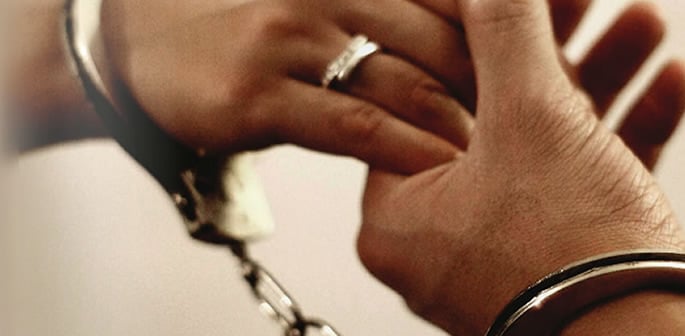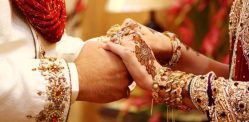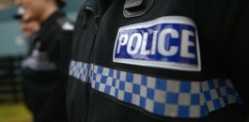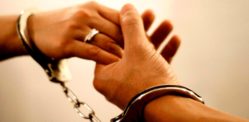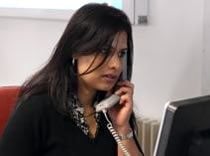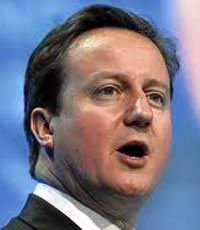Forced marriage is not a religious or cultural issue - it is a global human rights abuse...
More and more reports reveal that forced marriages take place outside of the United Kingdom and other western countries but some of these do take place actually within the UK as well.
So, with new measures and a campaign to tackle this problem in the UK, especially by the Home Office and the Foreign & Commonwealth Office, will it ever be a thing of the past?
Victims of forced marriages are reported as mostly between the ages of 13 and 30 who are women usually from the South Asian community, however, some cases do include the Middle East, East Asian and Africa.
The victims route to avoid such marriages results in them isolating themselves from families and relatives with fear of being located.
For South Asians women. this change of environment which includes fear of being located leads to many other problems of survival and can result in tragedy. Thus, some will never report their suffering of a forced marriage due to their inability and fear.
The UK government’s Forced Marriage Unit (FMU), a dedicated team to address the issue, sees about 300 cases of such marriages a year.
They say that the problem was confused with arranged marriages in the past but this outlook has now changed considerably further to more understanding of the problem.
A member of the unit says “They were seen as being part of a certain culture. But that’s changing now. Forced marriage is not a religious or cultural issue – it is a global human rights abuse”.
Cases vary and some can be very difficult for the FMU where the victims are reluctant to report the activity due to fear of backlash from their immediate family or relatives. Especially when it concerns parents of the victim.
The aim of the FMU is to provide as a single point of confidential advice and assistance for anyone facing this dilemma, especially for marriage that take place overseas. To combat such abuse of human rights in this way.
Such marriages are not easy to detect unless they are reported.
For example, a report by the Daily Mail suggests that 33 students have been absent without explanation from schools in Bradford – a highly populated area of South Asians in the UK.
The report claims that these students could be potential victims of forced marriages.
A 24-hour-service helpline has been set-up, called the Honour Network with aid from the UK government. It is staffed by women who have had similar experiences and provides support to help victims get advice and to discuss their feelings and situation.
Ms Jasvinder Sanghera, who ran away from home at the age of 15 due to a forced marriage, founded the charity called Karma Nirvana.
The charity is behind the government aided helpline. Jasvinder said “It’s designed for victims, survivors or potential victims of honour based crimes to reassure them they are victims not perpetrators.”
Does this mean that such marriages will now continue even more underground than before? Or will it mean that such support unit like the FMU and the Honour Network will make a difference and combat these marriages giving future victims hope to survive such ordeals.
Forced Marriage Unit (FMU)
Foreign & Commonwealth Office
Helpline: 020 7008 0151
Karma Nirvana Refuge
Tel: 01332 604098
Out of Hours emergency number 07952 856869



















































